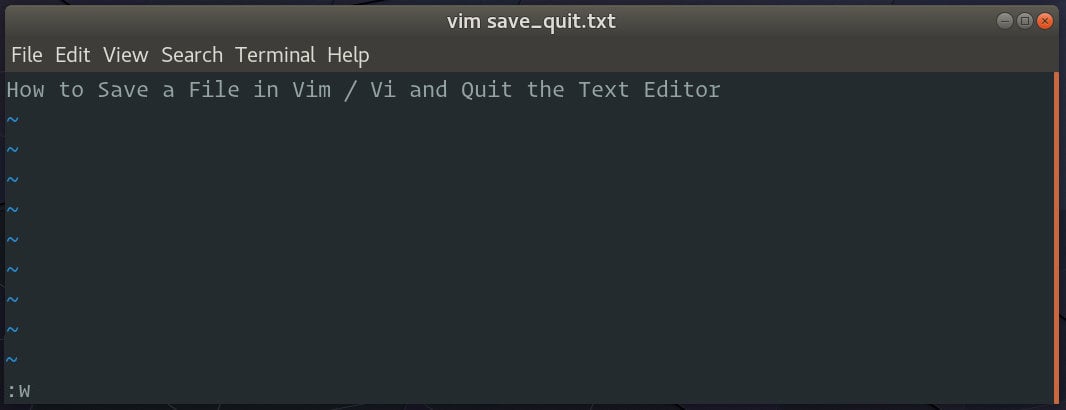However, there are minor differences and version-related gotchas to be aware of. Rails: update_attribute vs. Is there an alternative to update _ attributes that does not save the record?
Updates all the attributes from the passed-in Hash and saves the record. If the object is invali the saving will fail and false will be returned. There is a workaroun which consists in doing an assign_attributes and then a save if changed? I would find it more intuitive and logical to have this behavior by default in rails.
What do you guys think ? Each one does it slightly differently with sometimes unique side-effects. How to update attributes without validation. It’s important you understand which method to use, so here’s a cheat sheet with in-depth information below.

Instance methods (42) attributes _from_column_defi. Updates this resource with all the attributes from the passed-in Hash and requests that the record be saved. If the saving fails because of a connection or remote service error, an exception will be raised. Link Updates the attributes of the model from the passed-in hash and saves the recor all wrapped in a transaction. All source code included in the card update_attributes vs.
This includes both code snippets embedded in the card text and code that is included as a file attachment. ActiveRecord is licensed under the license stated below. Excepted from this license are code snippets that are explicitely marked as citations from another source. Reloads the attributes of this object from the database.
The optional options argument is passed to find when reloading so you may do e. Rename update_attributes to update, keep update_attributes as an alias for update method. This is a soft-deprecation for update_attributes , although it will still work without any deprecation message in 4. You should use update_attributes and avoid the two other methods unless you know exactl. AddPermalinkToPages permalink:string After you added then you need to create the permalink on the fly when you are saving the page or updating it. For each hash that does not have an id key a new record will be instantiate unless the hash also contains a _destroy key that evaluates to true.
I am also trying to avoid using any gems such as Paperclip or Carrier-wave. Since the object is destroyed in first yiel it seems the later is not feasible (assuming everything is running in one thread). How can I acheive without creating multiple and sign in forms for each type of user and give them the ability to switch. CanCanCan supports Strong Parameters without controller workarounds.
You can also run these validations on your own. Updates a single attribute of an object, without having to explicitly call save on that object. Both of these will update an object without having to explicitly tell AR to update.
If I call update_attributes , but without the :tag_list - then all tags are removed from this object. How can i check that object of model is valid with new params BEFORE updating it? Help I'm working on a website right now for my friends and I to use that gets data from Fitbit such as steps taken or calories burne and since steps and calories burned are something that will change pretty frequently the data will need to be updated on my website pretty frequently. I have very newbie question.
I am not able to validate on length of has_many association updated through nested_attributes. It works with save but does not work with update_attributes with. The example lets Users be created and associated with Groups via a linking Membership table.
It all works great for new User records. So I call calculate_averages as a callback for a Survey class: before_save :calculate_av.
Keine Kommentare:
Kommentar veröffentlichen
Hinweis: Nur ein Mitglied dieses Blogs kann Kommentare posten.